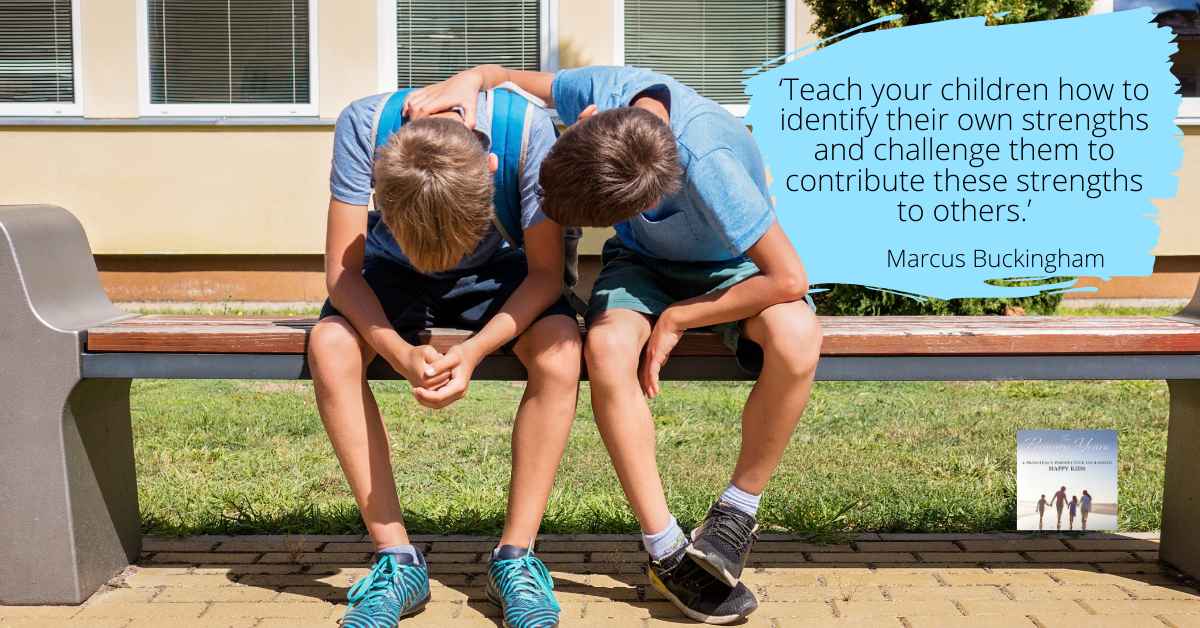Compassion for others.
Unselfishness and is able to share.
A generous spirit and will check to ensure others are included.
Developing empathy to those less abled or in some way hurt or offended.
An ability to share conversation and listen well to others.
Shows patience in difficult situations.
Kindness to those around.
Has an ability to form friends well and easily. Do they sustain friendships?
Is your child inclusive with other children in their friendship groups?
Has a tendency to put others ahead of themselves.
Reflects on activities that happen to them.
Talks positively about others and looks for the best in people.
When they are challenged through school work, friendships etc. do they look to find the positive in the situation and choose not to blame?
Are they able to forgive hurts and move on quickly?
Is sharing a natural part of how they interact with others?
All of these and there are plenty more, are examples of a child’s developing social and emotional maturity. All of these qualities should be strengthened by our tuning into their presence in our child’s life.
‘Well done, I can see how you are a good friend and you gave your share of the sweets to James because he wasn’t feeling well.’
‘I noticed how you included all the children in your class to your birthday party. You are fair to everyone.’
‘When you play basketball, I notice how you are keen to play as a team player and share the ball. Bravo.’
Your progressive affirmations alert the child to the fact that their social and emotional responses are highly valued. This is the foundational time for building an intuitive and emotionally intelligent young adult who will be a well-rounded and productive individual with a great ability to remain mentally healthy.
